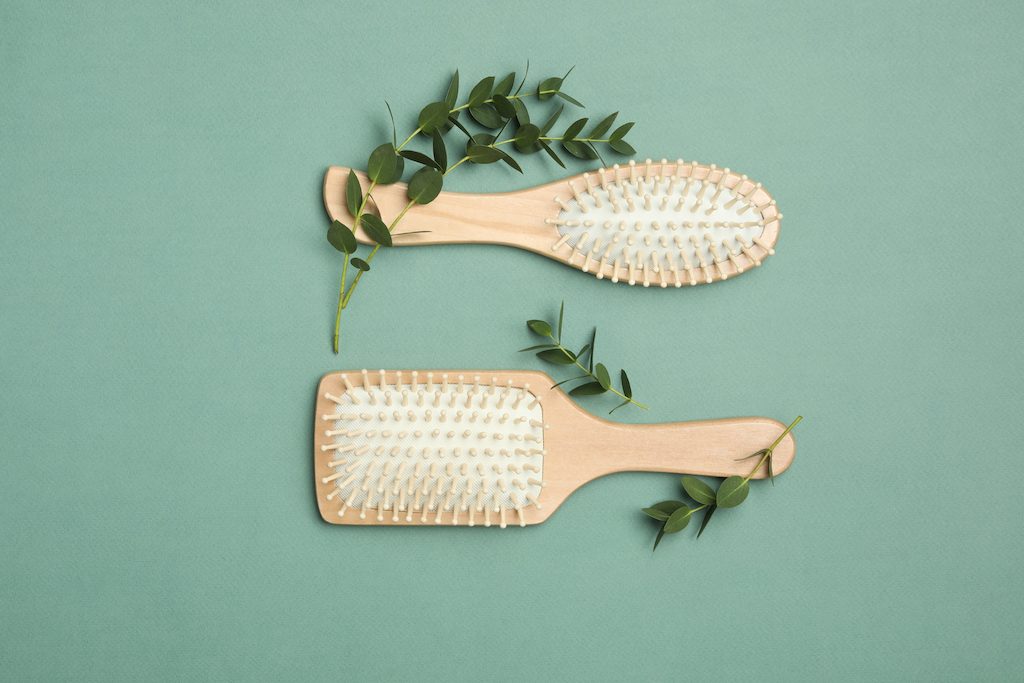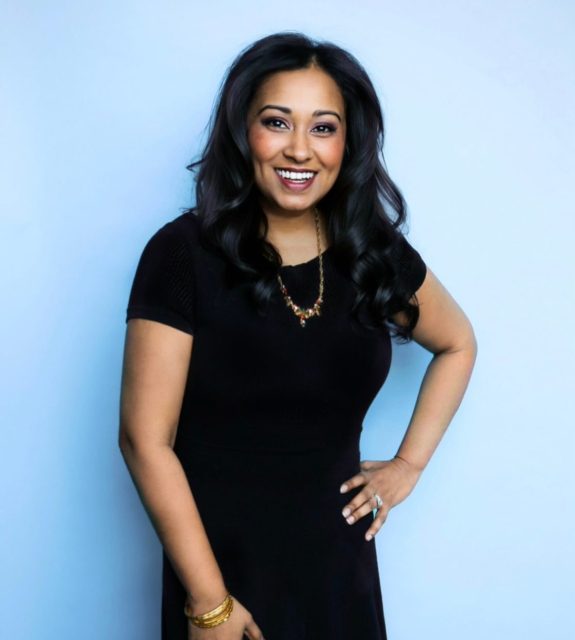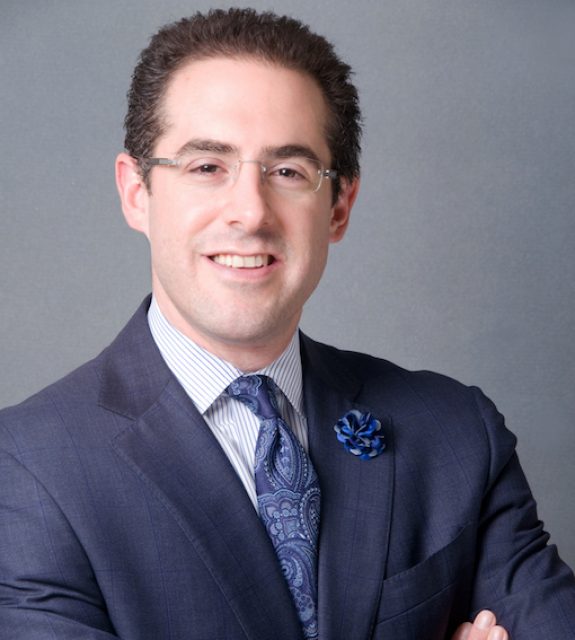
What is the first thing you do after you shower, minus drying your body off with a towel? For us, it's brushing our long, semi-damp hair that is most of the time beyond knotty. Recently, while we were brushing our hair, we had a thought...does the bristle of our brush have any bearing on our hair's growth? To find out the details, we ran to our Haute Beauty expert Dr. Shamila Rawal and her team; here's what we learned.
Intern, Rajeshwari Rawal, Dr. Shamila Rawal | Hair Restoration | Wisconsin
Many wonder if the type of bristle on their brush affects hair growth and loss. Depending on your hair type, this can be true, especially if you are handling thinning or damaged hair. The specific bristle type of the brush can matter when it comes to the type of hair you have as well: soft, pure boar bristle brushes work best for those with fine, thinning, or damaged hair; mixed bristle brushes work best for those with thicker or coarse hair, and bamboo bristles are great for all hair types.
Plastic bristles should be avoided, as they tend to tear hair and promote static. The act of brushing stimulates blood flow to the follicle, which is ideal for those combatting hair loss. Since boar and bamboo brush bristles are designed to smooth down the cuticle (which, if raised, leads to tangling and breakage), they prevent damage while activating oil glands, softening hair, and minimizing frizziness. No matter what type of brush you use, it’s exceedingly important to brush gently to prevent breakage and scalp irritation; regardless of the hairbrush you use, it is of the utmost importance to properly care for it. Every one to two weeks, thoroughly wash your brush in the sink with clarifying shampoo, especially if you are brushing with product. For maximum hair health, replace the brush altogether every six months.
























